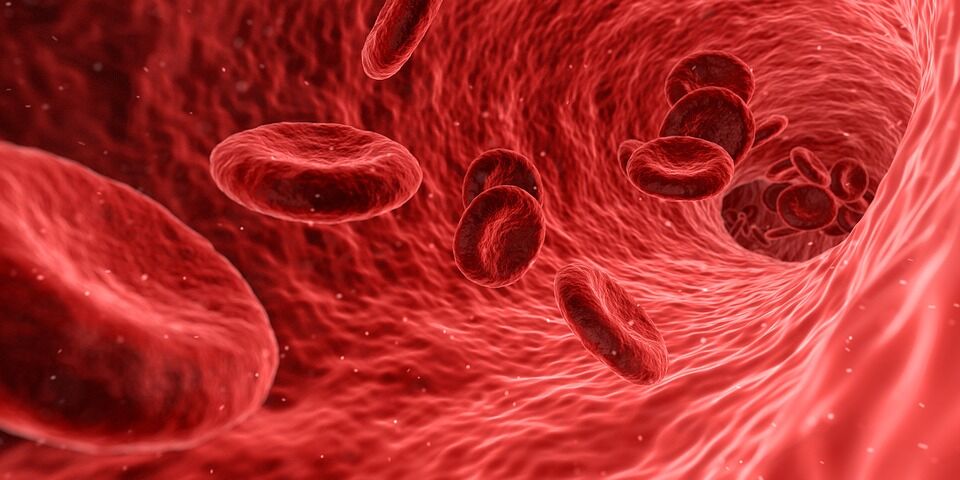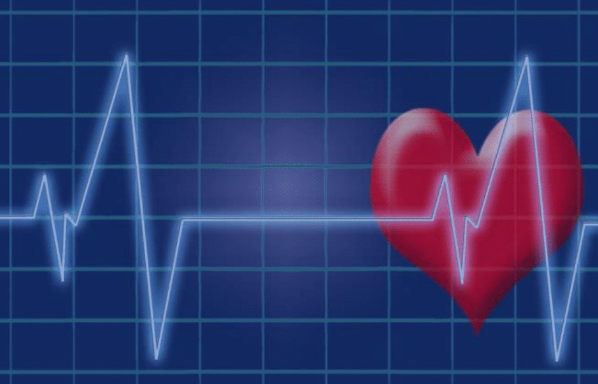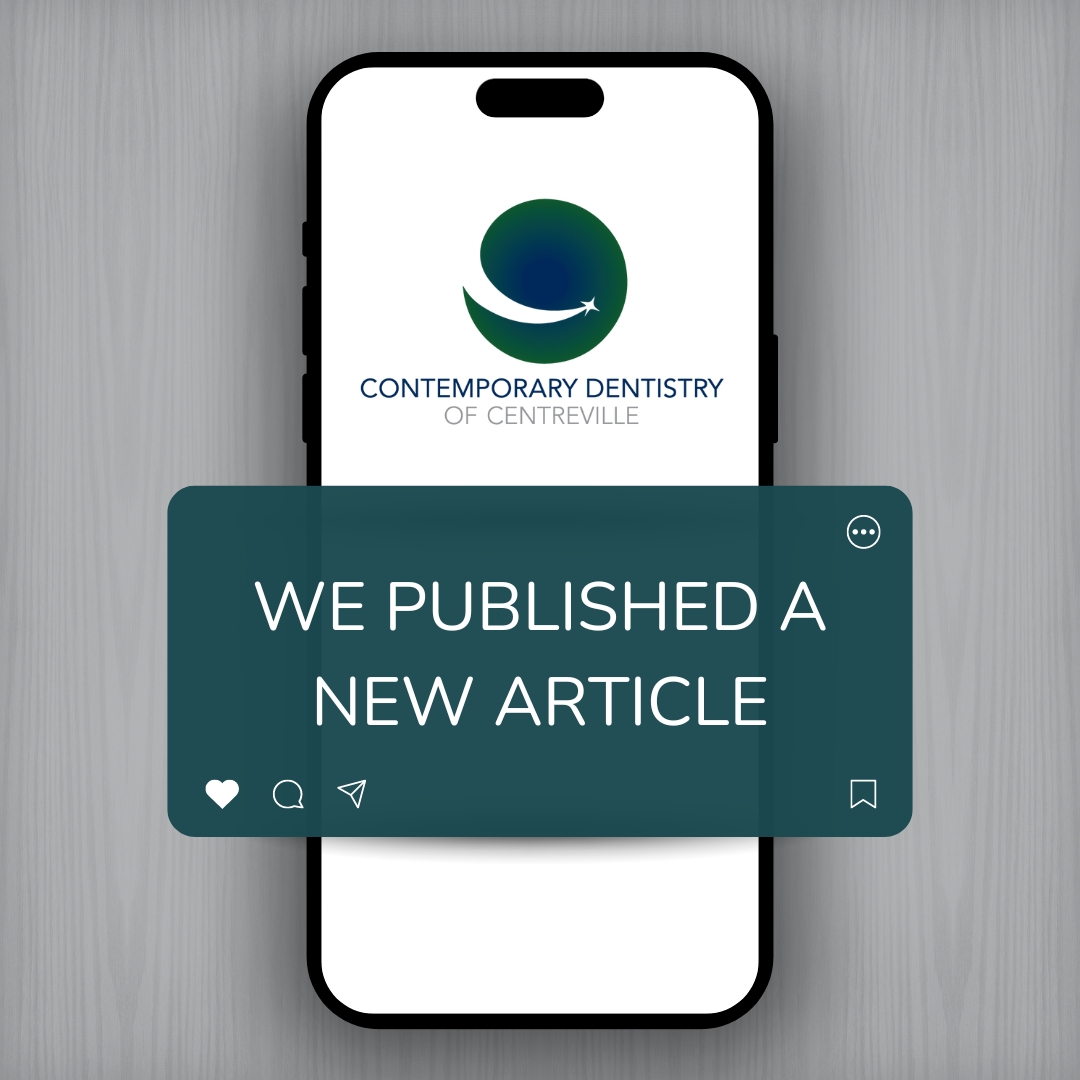
At times, life can seem to move quickly. Between work, school, sports, and social events, it can seem there is little time left for you and your health. It’s imperative for a healthy mouth and body to always have your next dental appointment scheduled and to prioritize this care. Our team will work with you to find the most convenient day and time for you. If you need to reschedule, we will do our best to accommodate you. Advanced notice of a change is greatly appreciated, whenever possible. Missed appointments without notice are harmful to our practice, as we’ve reserved your appointment time exclusively for you.
Missed dental appointments can lead to worsened oral and overall health. Whether receiving preventive or restorative care, if left without professional treatment, plaque and decay will progress and the state of your oral health will likely decline. Some of our patients are predisposed to more frequent oral health issues. Many times, these guests prefer more frequent office visits. Please know this is an option for you as well. Investing in one extra cleaning each year can often prevent more costly concerns.
We know it can be tempting to skip your dental appointment. Perhaps you’d rather be relaxing at home or you’ve had a last-minute obligation arise. Please make every effort to prioritize your healthy smile, as it significantly contributes to your overall health.
Please know we’re here for you. If you have any questions about our care or practice philosophy, don’t hesitate to contact us.



















